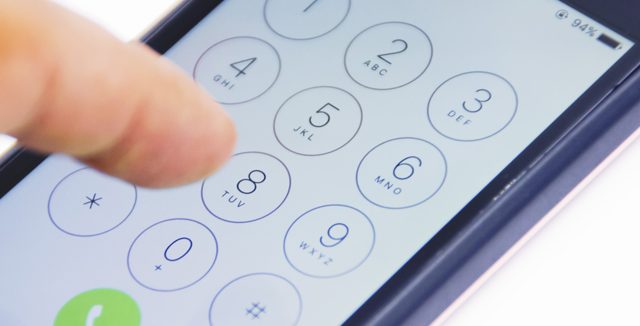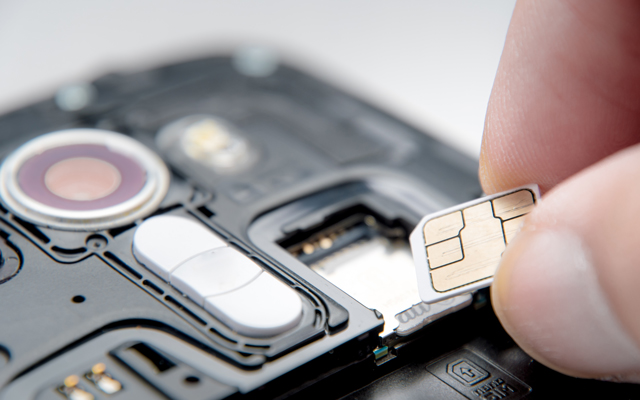What is IMSI?
An IMSI (International Mobile Subscriber Identifier) is a string of digits that forms an important part of a Subscriber Identity Module (SIM) profile, by enabling mobile network operators to identify individual subscribers.
Discover how the IMSI is crucial in ensuring quick, secure network connections for IoT devices, and how multi-IMSI technology can help expand your connectivity options.
What is an IMSI?
An IMSI forms part of a device’s SIM profile and comprises 14-15 digits. The first 2-3 digits are the mobile country code (MCC) and the following 2-3 digits are the mobile network code (MNC). After this, there’s a unique combination of 9 or 10 digits to identify the SIM card user, and which is unique to the subscriber.
Each IMSI originates from a specific mobile network operator, thereby enabling your IoT devices to connect to the SIM provider mobile network (the home network). When a device attempts to access the network, it transmits the IMSI. Each IMSI has a secret key (called a Ki) attached to it. This combination of IMSI and Ki serves to authenticate the device, enabling it to connect to the mobile network.
As well as the home network, the IMSI should also enable connections with any Network Roaming Partners the provider has agreements with. Take the example of a fleet tracker passing through various national borders. As it attempts to connect with another provider’s network, the visited network uses the IMSI to identify your home country and home network. If there’s an agreement between network providers, the tracker will be able to connect to it at an agreed “roaming” rate.

IMSI vs ICCID: what’s the difference?

Because they both form part of the SIM profile, the IMSI is sometimes confused with the integrated circuit card identification number (ICCID). In fact, these two numbers are different and serve distinct purposes.
The ICCID is a 19 or 20-digit number, usually on the back of the SIM card, which identifies the SIM itself. The IMSI identifies the subscriber. If you have multiple IoT devices all on the same service, they might all share the same IMSI. However, the ICCID on each SIM will be unique.
What is Multi-IMSI?
As the name suggests, multi-IMSI technology enables more than one subscriber identifiers to be stored on a single SIM. This can make it much easier for businesses to switch between carriers as needed, and to connect to a wider range of networks. New IMSIs can be added and provisioned remotely, so there’s no need to physically access the SIM in order to make a switch.
Take the earlier example of a fleet tracker, for instance. With a single IMSI, the device will automatically be connected to one of the operator’s network roaming partners. Multi-IMSI enables SIMs to store and use several IMSIs, so you have much more flexibility in choosing your own local service providers for different regions, instead of being limited to what are often costly roaming rates.
Multi-IMSI technology can also be beneficial for static or local IoT deployments. With a single-IMSI SIM, a device is typically restricted to a single operator, putting you at risk of disruption in the event of a carrier-specific outage. Thanks to the ability to subscribe to more than one carrier at once, Multi-IMSI gives you a valuable backup.
In many respects, a multi-IMSI SIM card does a similar job to an eSIM (eUICC) in that it provides multiple mobile networks on a single SIM. It is worth noting, however, that the main multi-IMSI solutions are proprietary and the original provider retains control, just like a traditional SIM.
In contrast, eUICC is about giving businesses control over the networks they access and the freedom to change the fundamental legal relationship that they have with the SIM provider.
Whether your IoT projects are rolled out locally or globally, Wireless Logic can help you deploy precisely the connectivity solution you need for success. For more information, explore our IoT solutions.

Find out more
For an expert assessment of your connectivity needs and to discover the best fit for your connectivity options, speak to Wireless Logic today.
Learn about eUICC/eSIM technology here.